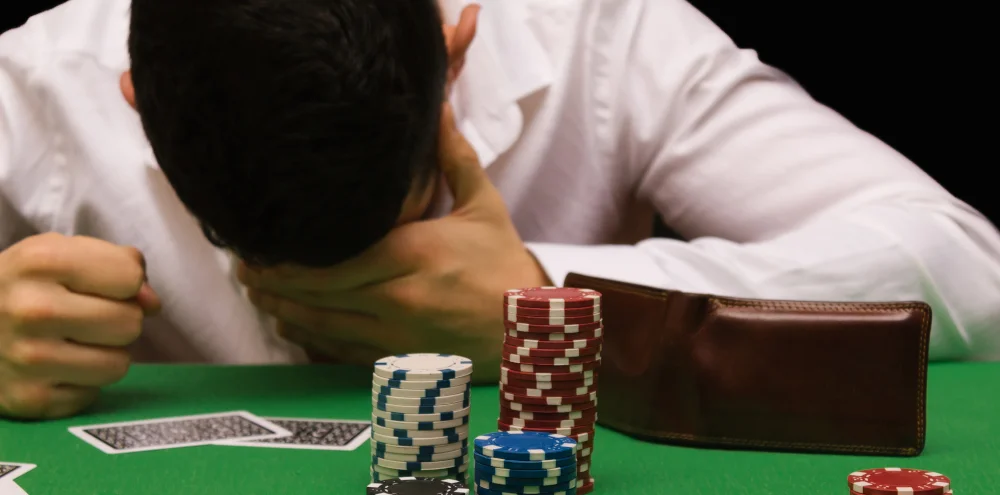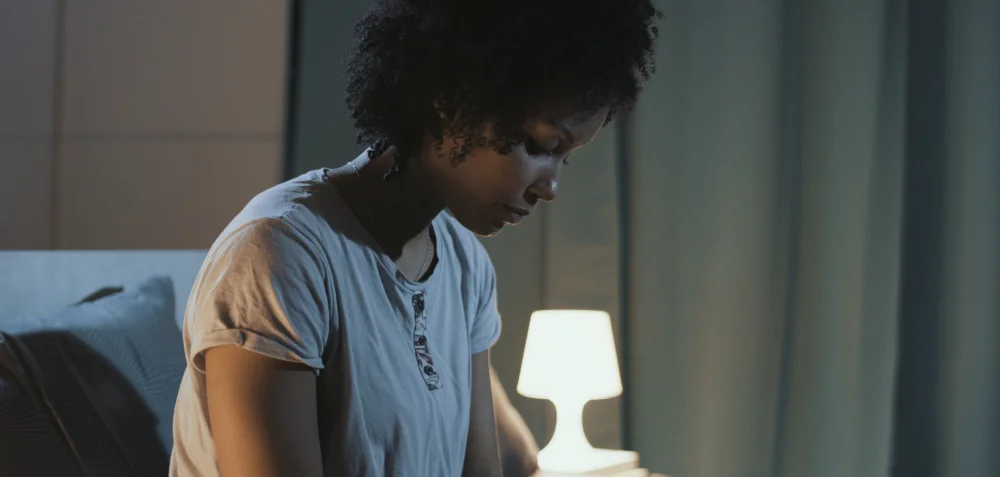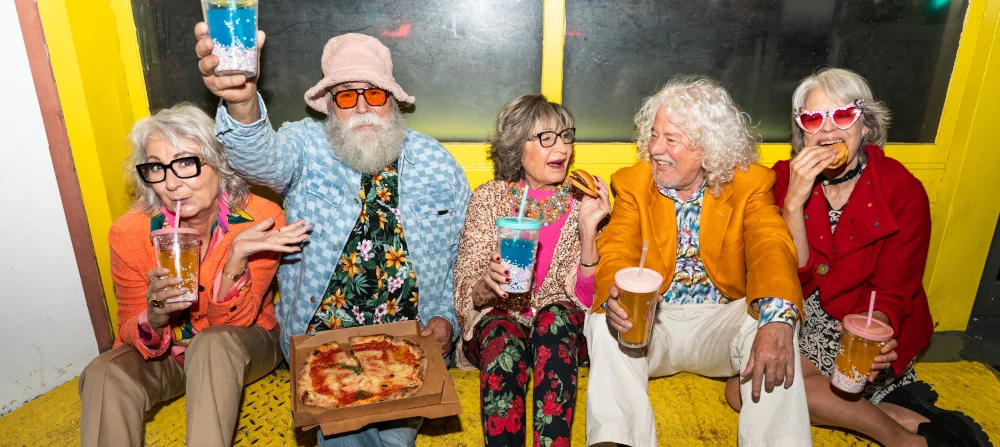
There’s an unspoken kind of story that families carry without ever putting it into words. It usually starts the same way, a relative passes away, leaving behind something tangible. A house, a plot of land, an envelope of savings tucked into a bank account. For many South Africans, that kind of inheritance doesn’t just represent money, it represents years of hard work, sacrifice, and history tied up in bricks, paper, or gold. But there are times when that legacy doesn’t get passed on as planned. Instead, it disappears. Not through fraud or theft, but through something quieter and more human, gambling.
Across South Africa, from Durban’s beachfront casinos to township betting shops and late-night online roulette spins, there are stories of people who took their inheritance and, piece by piece, fed it into machines, tickets, and odds. It doesn’t usually happen all at once. It starts small, a few spins after work, a visit to a local slot room to unwind, a friendly game of cards that turns serious after a few wins. The line between entertainment and habit blurs faster than most people expect.
One man in Pietermaritzburg inherited a modest two-bedroom house from his mother. It wasn’t much by city standards, but it was mortgage-free and solid. Within six months, he had sold it. The money, meant to be a foundation for his own children, went straight into a mix of sports bets, Lotto tickets, and cash loans taken out to keep the game going when his balance ran dry. Family and friends saw the signs, bigger spending, sudden silences, excuses about job changes. But by the time anyone realised the extent of it, the house was gone, the money vanished.
These stories aren’t always easy to find in public view. They don’t show up in press releases or lottery ads. But sit down with financial counsellors in places like KwaMashu or East London, and they’ll tell you it’s more common than people think. The thing about inheritance is that, for some, it feels unreal, like money that didn’t come from hard work, so it doesn’t carry the same weight. That’s how it starts. A mindset that says, “It’s extra. It’s not really mine.” Until it is gone.
What makes this particular pattern of loss so complicated is the mix of guilt and silence that comes with it. When someone gambles away an inheritance, it’s not just about losing money. It’s about feeling like you’ve lost a piece of your family’s trust. Many people who fall into this situation don’t talk about it. They don’t ask for help until things have fully unravelled. In some cases, family ties break completely. Siblings stop speaking. Children grow up without understanding why their parents’ lives suddenly shifted from stable to unstable.
In townships and smaller towns, where generational wealth isn’t as common or as easily built, the impact hits even harder. A single house passed down through two or three generations can represent a family’s entire foothold in a community. To lose that isn’t just financial, it’s cultural. It’s a loss of place, of belonging. And for the person who spent it all, the weight of that realisation often arrives too late.
 Not every story ends in complete collapse. There are cases where people pull themselves back from the edge. One woman in Port Elizabeth, after spending through her late husband’s life insurance payout within a year on a mix of casino trips and online bets, eventually sought help through a community financial counselling group. It wasn’t easy. Rebuilding meant taking smaller jobs, moving into a rented room, starting again from scratch. But there was something quieter in her eyes when she spoke about it, a kind of acceptance. The inheritance was gone. The debt was real. But life continued.
Not every story ends in complete collapse. There are cases where people pull themselves back from the edge. One woman in Port Elizabeth, after spending through her late husband’s life insurance payout within a year on a mix of casino trips and online bets, eventually sought help through a community financial counselling group. It wasn’t easy. Rebuilding meant taking smaller jobs, moving into a rented room, starting again from scratch. But there was something quieter in her eyes when she spoke about it, a kind of acceptance. The inheritance was gone. The debt was real. But life continued.
It’s a rhythm echoed across different parts of South Africa. From flashy city casinos to the hidden lottery syndicates operating in back rooms and taxi ranks, the link between sudden money and sudden loss remains steady. What sets it apart from other forms of debt is the emotional weight attached. It’s not just a credit card bill or a missed payment. It’s spending something that was meant to carry a name forward, a farm, a house, a savings account with a grandfather’s initials on it.
For those watching from the outside, family members, friends, the signs are often subtle at first. Missed family events. Excuses about why the money hasn’t been used for its original purpose. A house that stays empty longer than it should. By the time the truth surfaces, it’s rarely about recovering the money. It’s about salvaging what’s left of the relationships around it.
In bigger cities, there are now financial clinics and responsible gambling programmes aimed specifically at helping people who find themselves in this exact position. But the reality is that most of these stories never make it to a formal help centre. They play out quietly, behind closed doors. A person carrying the weight of a name, of a history, of a small but meaningful legacy, now reduced to numbers on a betting slip or digital chips lost in a casino’s glow.
Yet even in the middle of all that, there’s something human that lingers. The impulse to hope. To believe that one more spin, one more bet, will turn things around. It’s not greed that drives most of these stories. It’s something closer to desperation or misplaced optimism. A belief that what was lost can be won back. That the family name can still be honoured, even after everything has already slipped away.
In the end, it’s not the size of the inheritance that matters. Whether it’s a multimillion-rand estate or a small house in a township block, the pattern remains the same. Money meant to last a generation, gone in the time it takes to say yes to another bet. And in the quiet that follows, what remains is the weight of decisions made in silence, carried not just by the person who spent it, but by everyone who once called that money home.







